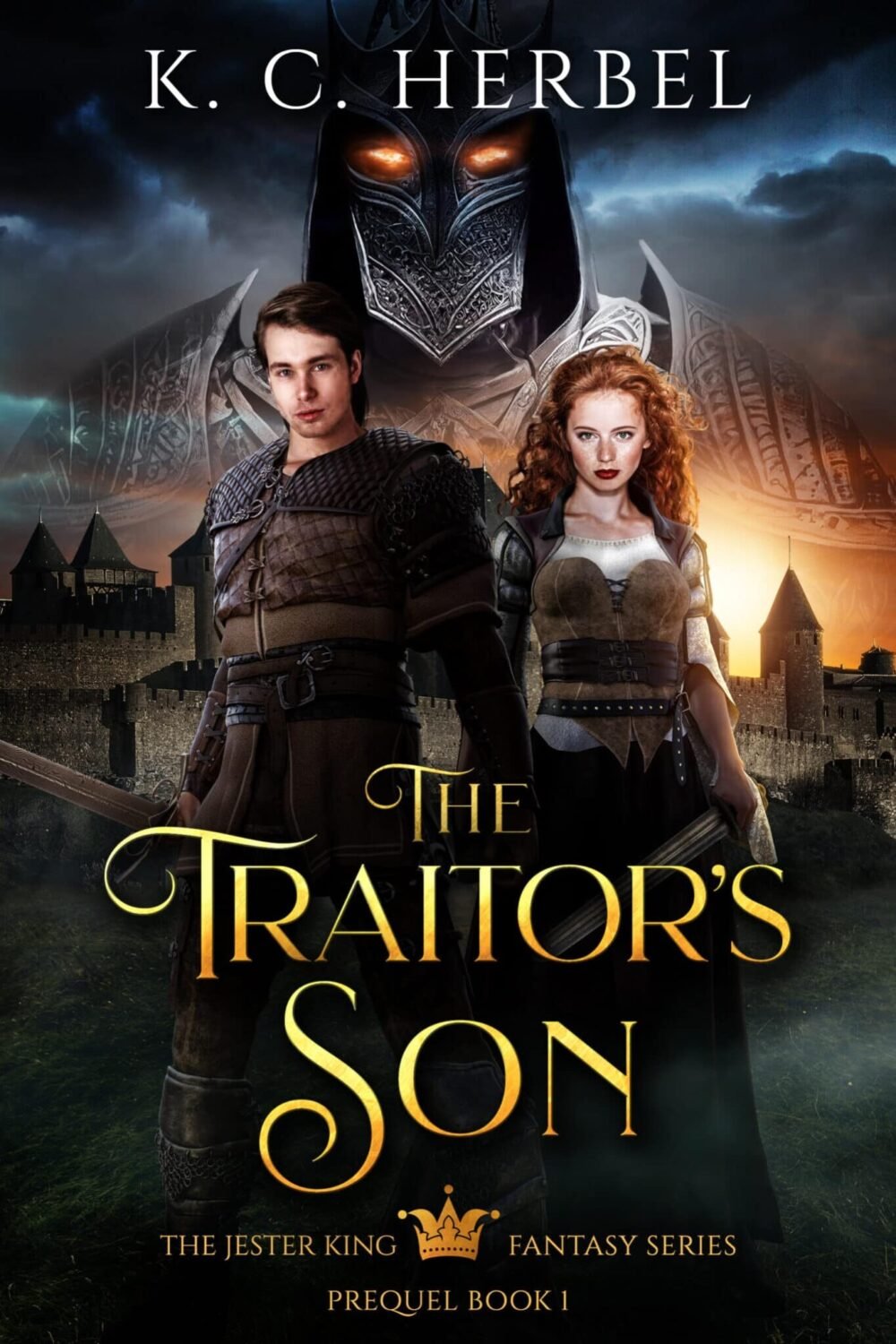
The Traitor's Son
The Jester King Fantasy Series: Prequel Book One
100% Privacy Guaranteed! Unsubscribe at any time.

The Jester King Fantasy Series: Prequel Book One
100% Privacy Guaranteed! Unsubscribe at any time.

Metropolis 1927 – Explores Social and Political Themes
Theme in literature is perhaps one of the hardest things to define.
We (meaning me and possibly you) hem and haw and verbally fence around the topic of theme. We think we know what it means, and yet it is perhaps the last thing we can identify about any story.
Sometimes it is only after we have read or written the entire story that we begin to pick up the thread of a theme. And generally this only happens after we’ve been prodded by someone (like a high school English teacher) or some article we’ve read. Years might pass before we recognize the theme or glimpse a new one. And why, when theme is perhaps the most important (most lasting) thing we can get out of reading? Theme may be the most important thing we give our readers when we write, even when we think we’re “just entertaining” them. Theme is the thing that will keep them scratching their heads and thinking or talking about our story long after they thought they were through with it.
Theme, like setting, mood, character, style, and plot, is an integral element of all fiction writing.
So why is it we have such a hard time identifying theme? Perhaps it is that themes represent our deepest thoughts about the human condition and it takes deep contemplation to fully grasp them as presented through the indispensable medium of story telling. Perhaps it’s because theme is not presented directly but hidden beneath the surface, implied through all the elements of the story as a whole, and only by digesting the entire work do we get their “true meaning”.
If all the story components (plot, character, setting, etc.) are the meal, then theme is the indigestion, or if you prefer to think of it in a more positive light, theme is the feeling of being well and properly fed (perhaps with a little aperitif and/or an after dinner sherry). After you’re done, you contemplate what it was you ate, wondering what that exotic spice was that the cook used. It doesn’t matter if the meal sits well with you, you’re stuck with that feeling – at least for a few minutes. Not all themes will leave a good taste in your mouth, nor should they.
So what constitutes a story’s theme – its true meaning? Actually, let’s veer away from the word “meaning” as it implies there is a lesson or conclusion that must be drawn. (Besides, we wouldn’t need the term “theme” if we were talking about “meaning”.) The story’s theme might only be raised to pose a question for reflection, to force into the light some darkly imagined aspect of human existence. That said, themes generally come across as an expression of the author’s outlook. I suppose we could call theme the author’s “central idea”, but is this the plot? No. Is it a moral to be learned? Not really.
Perhaps we can get a better handle on what theme is by defining what it is not. Theme is not the plot or the subject of a story. It is not a message or moral to be drawn from the story. It is not a commentary (at least not explicitly). Theme is not a motif. These are separate literary aspects all their own, which often contribute to expression of the theme, but theme runs deeper than these surface elements.
So what can be said about theme?
Theme has a cumulative effect on the reader after absorbing all the experiences of the characters in our story and witnessing what those experiences do to the characters (especially the protagonist). And yet theme does not represent an expected or required change in attitude or thinking of the reader. That would be a conclusion or moral. Theme is not the resultant effect, but the cause. The purpose of the theme is only that the reader be made to see some aspect of the human experience through the author’s lens – the author’s unique perspective. The theme is more of a nudge. The rest is up to the reader. So what do I say about theme?…
Theme is an exploration, led by the author, into the ancient cave of common ideas about who we (humans) are and what our purpose is in the universe.
I invite you to leave your comments and thoughts on theme. Don’t worry, you’re not being graded.